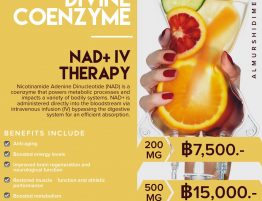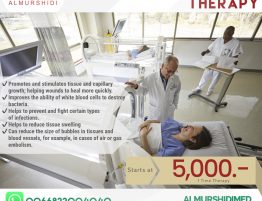
A hernia occurs when fatty tissue or an organ pushes through a weak place in the surrounding connective tissue or muscle wall. Hernias usually don’t get better on their own. They tend to get bigger.
This can allow a loop of intestine or abdominal tissue to push into the sac. The hernia can cause discomfort, severe pain, or other potentially serious problems that could require emergency surgery.
Severe, continuous pain, redness, and tenderness are signs that the hernia may be entrapped or strangulated. Another sign of this is if the bulge used to come and go, but now is stuck out. These symptoms are cause for concern and you should immediately contact your physician or surgeon.
A hernia operation usually takes around an hour as a day case procedure. It can be performed by:
• Open
surgery – under local or general anaesthetic, an incision usually around 2.5 to
3 inches is made to your skin near your hernia and your surgeon will push your
hernia back into your abdomen. The incision is then either stitched closed or
much more commonly a mesh is placed over the hole and fixed using fine
stitches. The mesh acts like a scaffold and your own tissue will grow through
the mesh to reinforce the weakened area without putting tension on the surrouanding
tissues.
• Keyhole (laparoscopic)
surgery – under general anaesthetic, several smaller incisions are made to
allow your surgeon to use a less invasive technique using various special instruments
including a tiny telescopic camera to repair your hernia. A mesh may then be
used to strengthen your abdominal wall.
Approximately 600,000 inguinal or groin hernia repair operations are performed annually in the United States.
We, at Almurshidi Medical Tourism Agency can help you find the best treatment for Hernia.
- For any queries and details contact us now at
- Email:almurshidi.medical@gmail.com
- Line/Instagram: AlmurshidiMed
- Whatsapp: +66 822 004 040






